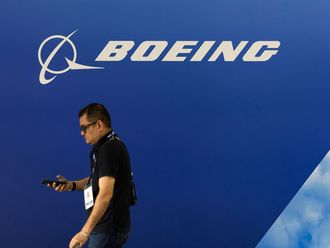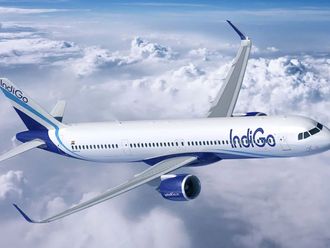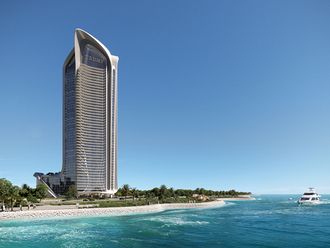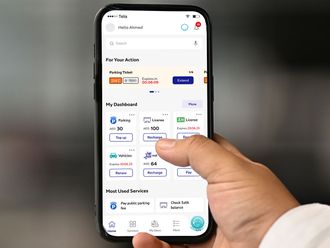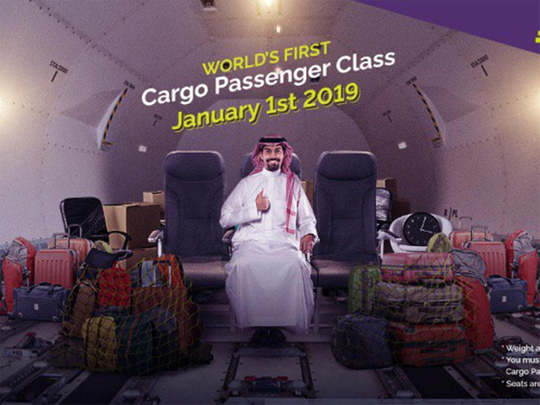
Dubai: Windowless airplanes. Sleeping pods on Airbus aircraft. That may well be the future of air travel. But for budget carrier flyadeal, the future is in the cargo compartment — if you take them at their (online) word.
Saudi Arabia’s flyadeal pranked social media users by saying it will install seats in its cargo compartment, allowing passengers to fly with cargo for cheaper air fares. The airline proceeded to provide details, saying that tickets will be available for sale on the so-called cargo passenger class from January 1, 2019.
It was unclear to most Twitter users whether flyadeal was pulling a stunt or whether the announcement was real, with many users complaining that the news was an embarrassment to the airline’s reputation.
The tweets and responses they elicited sent flyadeal to one of Saudi's top trending words on Twitter.
In a series of tweets and in an ad posted on the airline’s official website’s home page, flyadeal went on to say that passengers must be between a height of 145 to 180 centimetres, and should weigh between 40 and 90 kilograms in order to meet the requirements for the seats.
“Height and weight restrictions are imposed to make sure that everyone flying is able to sit comfortably yet securely in our specially designed modular seats. a weight limitation of 90 kilograms is strictly enforced,” flyadeal said on its website.
The carrier added that height and weight measurements will be taken at time of check-in, and that no refunds or upgrades will be offered to passengers exceeding the limits.
When Gulf News reached out for comments, the airline did not respond. It later posted a tweet explaining its ad campaign and saying, “You don’t have to go to this length to fly for less. It was a joke!”
In the campaign, complete with a video showing flyadeal personnel and cabin illustrations, the carrier said that on average, 46 per cent of cargo space on its aircraft is not being used.
As for safety, flyadeal claimed it has already been taken into consideration.
“Don’t worry, all baggage is fastened securely to the foremost section of the cargo hold. While items can tend to shift during take-off and landing, passenger safety is always taken into consideration and proper safety and protection equipment is made available to all passengers,” the airline’s website said.
The airline launched its first operations in September 2017, and plans to add eight to 10 aircraft per year as it looks to build its fleet over the next few years, it told Gulf News in June.




